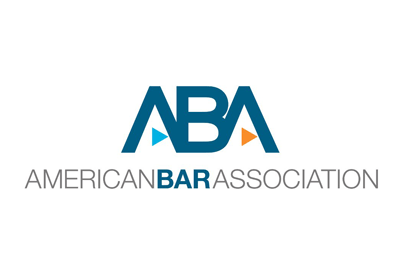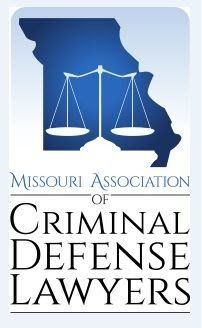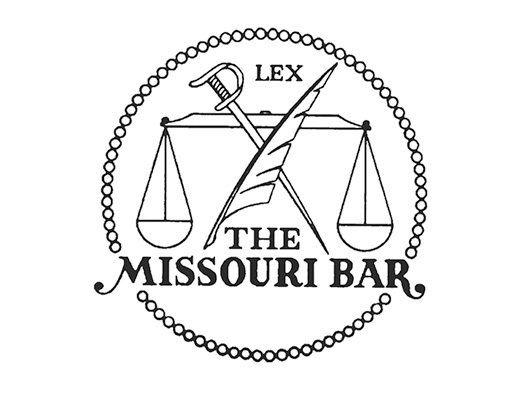White Collar Crime
Jefferson County, MO White Collar Crime Lawyer
White Collar Crime
The phrase “white collar crime” describes a large variety of offenses that are normally associated with issues of fraud and misrepresentation and usually committed for of some type of financial gain. White collar crimes are usually non-violent, occur in businesses or corporations, and may involve individuals who on the surface seem unlikely to break the law.
These offenses can range from major corporate embezzlement to fraudulent use of a credit card, or forging a check. The majority of these offenses to not involve a high-powered banker in a three-piece suit, but normal everyday middle class people.
Regardless of the stature of the offender, white collar crimes can be very serious offenses that involve significant jail time and hefty fines. For example, at the lower end of the spectrum is the offense of commercial bribery which is a class A misdemeanor and carries a maximum punishment of up to 1 year in the county jail and/or a fine of up to $2000.
At the other end of the spectrum is the Financial Exploitation of the Elderly, which depending on the circumstances, carries a maximum punishment of life in prison.
Missouri White Collar Crime Attorney
The most common white collar offenses charged in Missouri are fraud, obtaining something of value by deceit, forgery, identity theft, and embezzlement. In any of these types of cases, it is necessary to build a complete defense to avoid the possible serious penalties associated with them. Financially motivated crimes usually involve complicated facts and legal issues that are best handled by an experienced criminal defense attorney. If you have been charged with fraud, forgery, illegally obtaining public assistance benefits, forging checks or EBT cards, or any other type of white collar crime, you need a lawyer who will thoroughly evaluate the evidence against you and work to build a solid and successful defense strategy. At the Lednick Law Firm we will aggressively defend your rights whether you are charged with a misdemeanor or felony offense.
We represent individuals charged with the following Missouri White Collar Crimes:
- Commercial Bribery
- Conversion of Public Assistance Benefits or EBT Cards
- Counterfeiting
- Financial Exploitation of the Elderly Person or Person with a
- Disability
- Forgery
- Fraud in Obtaining a Driver or Nondriver’s License
- Fraudulent Procurement of a Credit or Debit Card
- Fraudulent Use of a Credit Device or Debit Device
- Fraudulently Stopping Payment on an Instrument
- Identity Theft
- Manufacture or Possession of Five or More Fake IDs
- Money Laundering
- Perjury for the Purpose of Obtaining Public Assistance
- Trafficking in Stolen Identities
- Unlawful Receipt of Public Assistance Benefits or EBT Cards
- Unlawful Transfer of Public Assistance Benefits or EBT Cards
If you are under suspicion or have been charged with a white collar crime, please do not hesitate to contact us. We recognize that your personal and professional reputations are on the line when you are under investigation for a financial crime. We understand the difficult position you are in and are committed to protecting your rights and obtaining the best possible results in your case.
If you are facing charges in Jefferson County, St. Francois County, St. Louis County, Ste. Genevieve County, Washington County or Franklin County Missouri, including the cities of Arnold, Barnhart, Bloomsdale, Byrnes Mill, Cedar Hill, Crystal City, Desloge, DeSoto, Dittmer, Eureka, Farmington, Fenton, Festus, Fredericktown, French Village, Herculaneum, High Ridge, Hillsboro, Horine, House Springs, Imperial, Kimmswick, Mapaville, Mine La Motte, Mineral Point, Morse Mill, Olympian Village, Park Hills, Perryville, Pevely, Potosi, Ste. Genevieve, or Valles Mines, exercise your right to remain silent and your right to speak to an attorney immediately and contact us for an immediate free consultation.
When you retain the Lednick Law Firm, you are getting the experience of a former Assistant Prosecuting Attorney who knows how to protect your rights when faced with these types of charges and the hurdles they present. Contact us today at (636) 638-2150 for an immediate free consultation.
Missouri White Collar Crimes FAQ's
Can't Find the Answers?
Fill all information details to consult with our best Attorneys advices.



